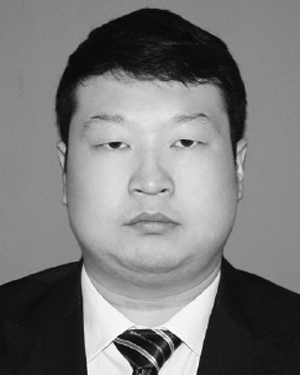I. Introduction
When building mathematical models for physical or man-made systems, switched systems can be used because of the switching features of the practical systems, for instance, power electronics, network control models, tunnel diode circuit system models, flight control models, and induction motor systems [1]. In [2], quantized control was explored for a cluster of networked switched systems under the round-robin protocol and was applied to two inverted pendulums. In [3], the issue of global stabilization was investigated for switched feedforward time delayed systems where time delays appeared in states, as well as inputs and a practical switched induction heater circuit system was studied. Sun et al. [4] focused on the fault detection issue for switched models and a typical switched radio link control circuit was used to show the utility of the developed parity space-based fault detection method. In [5], the event-triggered multisource bumpless transfer control problem of networked switched systems with the almost output regulation performance subject to switching deception attacks was investigated, and a switched resistance–inductor–capacitance circuit was researched. However, there are still many stability analysis issues that need to be addressed for switched systems, such as switched systems with faults, switched systems with delays, and so on, which arouses our great research interest.






